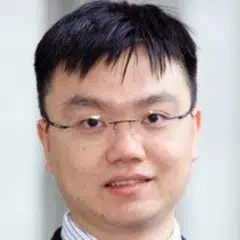
Lu Xi
Assistant Professor, Lee Kuan Yew School of Public Policy, National University of Singapore
Dr. Lu Xi is an assistant professor at the Lee Kuan Yew School of Public Policy, National University of Singapore. He received his PhD from the University of California - Berkeley. He holds an MS in Agricultural Economics from the Chinese Academy of Sciences. Xi works on the interaction between China's politics and economics, and is teaching elective modules that examine the political logic driving China's modern economic development. Xi's research interests lie in political economy, development, corruption and meritocracy.